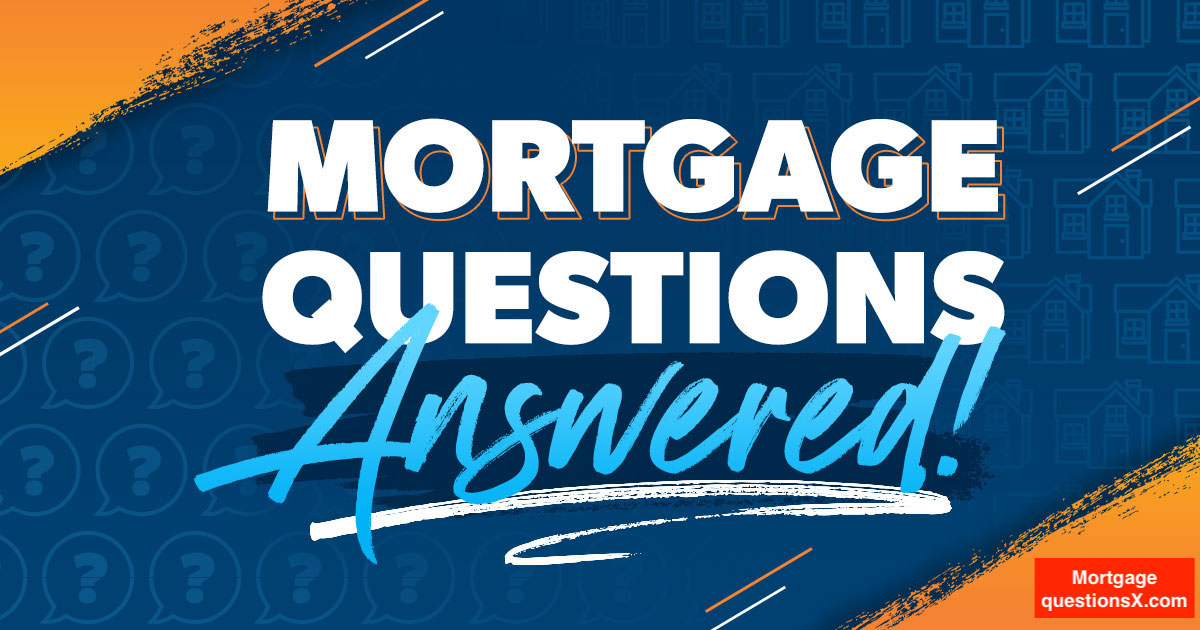Mortgage Interest Deduction: Finding the right answers to mortgage questions is a time-consuming task. If you are in a hurry, then you may not be able to get the right answers to these questions. One of the most commonly asked questions is about mortgage interest deductions. There are many people, who have several doubts about this topic. Some, do not understand anything by this, whereas, some like to get further clarifications. If you ever ask a financial expert, you will be told that homeowners usually qualify for a deduction on the home mortgage interest. As a result of such deductions, the monthly installments get reduced, which means saving money. If you can manage to find the right financial advisor to help you out with such questions, it will be very easy for you to understand.

About Mortgage Interest Deduction
People have several mortgage questions related to the interest deduction. If these can be answered properly and carefully, then a lot of doubts can get cleared. Discussed below are some of these questions for your benefit. Read on to know more about such questions and their answers:
1. What all are included in a Mortgage Interest Deduction?
One of the first and foremost mortgage questions, which many people are heard asking, is what is included in mortgage interest. First of all, a mortgage interest is a type of interest paid on a loan amount secured by a primary or secondary home. These basically include a mortgage amount to buy your new home, a second mortgage (if applied), a list of credits already running against your name, and a home equity loan. It is good for you to know that in case the loan isn’t secured on your home, then it will be considered a personal loan. Usually, interest on such a loan is not deductible.
2. What is Included under the Title of a Home?
In answer to debt questions such as this, a home is a place that has sleeping, toilet, and cooking facilities. This may include a mobile home, condominium, boat, cooperative, or anything similar to these.
3. Who gets the Deduction?
The answer to this question about mortgages is you. However, there are several catches to this point. First of all, you need to be the primary borrower of the loan amount. Secondly, you are legally responsible for paying off the debt, and last, of all, you pay the monthly installments. However, if you and your spouse signed up for the loan together, then both of you are considered the primary borrowers. On the other hand, if you are paying the monthly installments, on behalf of your son or daughter, then you are not allowed to deduct the interest until you had co-signed the loan.
4. What is the limit to the Deductible Amount?
In answer to the above question about mortgages, there is a specific limit to the amount which can be deducted. This is especially true if the loan amount is mainly used for improving, constructing, or buying a home.
5. What kinds of loans are eligible for a Mortgage Interest Deduction?
This is another one of the most commonly asked mortgage questions. There are three categories of mortgage loans. If yours fall under one or more such categories, you are allowed to deduct the entire interest amount you paid in a year. These categories are:
- Mortgage loans you applied for, on or before October 13, 1987, taken on your primary residence or your second home.
- Mortgage loans you applied for, after October 13, 1987, in order to improve or build your primary residence or your secondary home. These loans should total a maximum of $1 million in a year.
- Home equity debt, you had applied for, after October 13, 1987, on your primary or secondary home up to a maximum of $1 million.
These happen to be some of the frequently asked mortgage questions pertaining to mortgage interest deductions. If you ever have any doubts on such topics, it is always better to get them cleared immediately. If you avoid finding answers to such questions, then you may make mistakes in the future due to a shortage of proper knowledge. Any type of financial dealing should be done with proper knowledge of everything. If you think you do not know much about mortgages, better find it before applying for such a loan.

Mortgage Help & FAQs: Top 7 Mortgage Questions
Many people wonder how beneficial it can be if they can get answers to all the 7 common questions, related to a mortgage loan, from the same source. Discussed below are the answers to these 7 questions to clear your doubts.
1 . What do you mean by a Mortgage?
One of the first and foremost questions, asked by many, is what it actually means. As mentioned above, a mortgage is basically a type of loan in which your property, such as your land and house, is mainly used as security. If you fail to pay the entire loan amount within a promised time limit, the lender will foreclose your property. However, this does not mean that the lender becomes the owner of your properties. He will just have the lien or mortgage with your entire property as the security.
If you ever ask an expert in financial fields, you will be told that there are two primary factors to consider when applying for such a loan. First is your own limit to afford and second is, what you can actually borrow. A lender will always take into consideration a few crucial points, before granting you a loan amount. Your actual income, your expenses, how much you already owe others, and your credit history, to name a few. Only then do they decide how big a risk you are for them.
2. Why are there various types of mortgages and how will I find that out?
This is one of the most confusing of the numerous mortgage questions people ever ask. If you are ever troubled by this question, then the best way to answer it is by asking yourself, what your future plan is. Whether you wish to retain this present home or do you wish to trade it in the coming few years for a new one? Answering it will assist you in choosing the right type of loan.
3. Why is my length of stay at my house important?
Many people have this as one of the several debt questions in their minds. There are basically two reasons for the importance of this question. The answer to this question will actually determine the most suitable kind of loan for you and secondly, it will also finalize whether you are more interested in points or interest rates.
4. Where can I get the latest rates?
Search in a few local banks and also ask some of your lenders. You will definitely get the latest rates for several types of loans from them. Compare the different rates and opt for the lender, who gives the best deal. If you think properly, then this question on mortgages can easily be dealt with.
5. Why are some rates shown both as a percentage and an APR?
Many people have this as one of the mortgage questions. APR or Annual Percentage Rate is the amount you will have to pay with the actual principal. It is basically a combination of points, interest, and fees. Generally, a lender will only quote you the interest, when he gives you a rate. Always ask for the APR.
6. What is meant by amortization?
People, haunted by this question on mortgage loans, should know that amortization is actually the amount you pay annually against your loan amount. Always keep an
eye on the amortization schedule, which points out the payments for the entire life of a loan, together with the interest.
7. What is meant when people say that ARM rates are tied to an index?
Usually, an ARM loan’s interests are determined by a special index. This index adjusts periodically, together with a pre-determined margin. Generally, people usually prefer an ARM based on a steady index, rather than an unstable index.
Bottom Lines
Since these 7 commonly asked mortgage questions are answered now, there should not be much problem for you to get the right loan the next time you need one. Always be careful and take your time, before choosing the right type of loan. If you would like to know more, see the rest of the pages of our website. It is a great pleasure for us to host you here!

